
What are the Functions of HRIS?
Explore how HRIS streamlines HR operations while at the same time improving employee engagement, compliance, and organizational efficiency.

Enterprise software is a type of software that provides businesses with the ability to automate and streamline their operations.
This includes business applications such as customer relationship management (CRM), enterprise resource planning (ERP), supply chain management, human resources, financials, data analytics, and cloud backup ransomware protection.
These solutions can help organizations manage their data more effectively, increase operational efficiency, improve customer experience, and reduce costs.
Oracle has been one of the major players in the enterprise software market for many years.
However, several up-and-coming Oracle competitors are challenging its dominance in the market.
Each company has different offerings, making it hard for customers to decide which solution best suits their business requirements.
This article will explore some of Oracle’s biggest competitors and discuss what they bring to the table that differentiates them from the leader in enterprise software.
Oracle has been a dominant player in the enterprise software market for many years, providing various software solutions for businesses of all sizes and industries.
However, as the market evolves and new technologies emerge, businesses increasingly turn to other companies like Oracle to meet their software needs.
Microsoft, SAP, Salesforce, IBM, and Amazon Web Services are just a few of the strong competitors and Oracle alternatives that businesses are considering.
Each provider offers unique strengths and capabilities, making them well-suited to different businesses and industries.
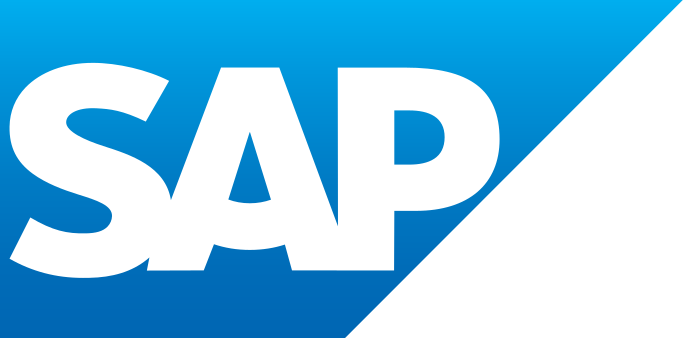
SAP is a German company that provides various enterprise software solutions, including ERP, CRM, and supply chain management.
With a strong focus on analytics and artificial intelligence, SAP’s software offerings provide businesses with actionable insights and predictive capabilities.
In addition, SAP has a robust cloud platform that provides businesses with a scalable and secure infrastructure to run their applications.
Oracle and SAP have a range of software products that serve different functions within an enterprise.
While Oracle focuses on database management, ERP, and CRM solutions, SAP has a broader range of products, including supply chain management, product lifecycle management, and human resources management solutions.
Both Oracle and SAP have cloud offerings, with Oracle’s cloud infrastructure services being more robust and SAP’s cloud offerings being more focused on specific business functions.
Oracle software implementations can be complex and require high technical expertise. SAP implementations are also tricky, but they have developed implementation methodologies that can help streamline the process.
Oracle tends to charge per license, while SAP uses a subscription-based model. This can make SAP’s pricing more flexible and easier to manage for some businesses.
|
Strengths |
Weaknesses |
|
Comprehensive suite of products. |
Complex and difficult to implement, requiring a high level of technical expertise. |
|
Global presence, with customers in more than 180 countries. |
High cost, particularly for businesses that require multiple licenses or customization. |
|
Software solutions are designed to be scalable, allowing businesses to grow and expand without replacing their software solutions. |
Their user interface is often criticized for being complex and challenging to navigate. |
|
Solutions can be customized to meet the specific needs of businesses. |
Integration with other software systems can be challenging. |
The future of SAP in the market looks bright, as the company focuses on cloud computing, emerging technologies, and improving user experience.
SAP’s investments in these areas are aimed at helping businesses achieve digital transformation and gain a competitive advantage.
Additionally, SAP’s strong partnerships with other technology companies and its global presence will likely contribute to its continued success in the enterprise software market.
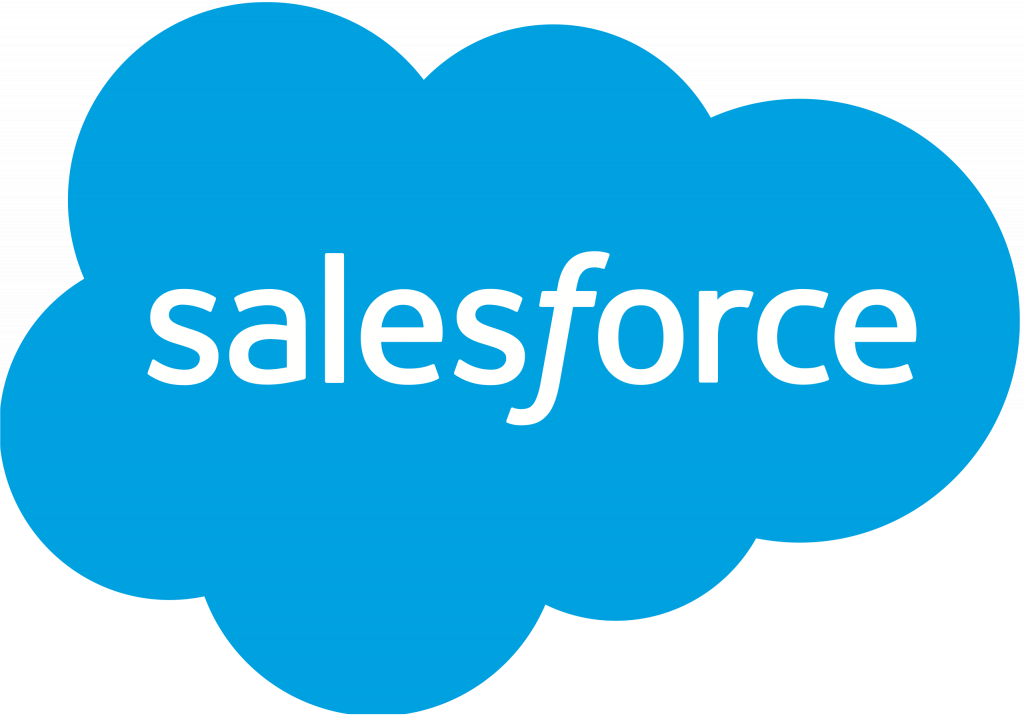
Salesforce has been disrupting the enterprise software industry for over 20 years with its cloud-based customer relationship management (CRM) software.
In addition to its CRM offering, Salesforce has expanded into other areas, such as marketing automation, e-commerce, and customer service.
With a focus on innovation and customer success, Salesforce continues to grow and attract new customers.
Oracle offers a broader range of products than Salesforce, which focuses primarily on CRM. However, the company has expanded into other areas, such as marketing automation and e-commerce.
Both companies have cloud offerings, but Oracle’s are more focused on infrastructure, while Salesforce’s are more focused on CRM.
Additionally, both offer integration with other software solutions, but Oracle’s solutions are generally more complex. Salesforce is known for its responsive and effective customer support.
Oracle typically charges per license for its software, while Salesforce uses a subscription-based pricing model.
|
Strengths |
Weaknesses |
|
Cloud-based solutions provide businesses with the flexibility and scalability to grow and adapt quickly. |
Software solutions are designed to be flexible, but they may not be customizable enough to meet the specific needs of some businesses. |
|
User interface is designed to be intuitive and user-friendly. |
High cost, particularly for businesses that require multiple licenses or customization. |
|
Wide range of products. |
Integration with other software systems can be challenging. |
|
Strong partnerships with other technology companies. |
Software solutions are designed to be accessed online, which can be problematic for businesses with limited internet connectivity. |
Salesforce is expected to continue to innovate and expand its offerings, particularly in artificial intelligence and machine learning.
The company is well-positioned to help businesses achieve digital transformation through its cloud-based solutions.
With a strong focus on customer experience and collaboration, Salesforce will likely remain a significant player in the enterprise software market for years.

Microsoft has remained a significant player in the enterprise software industry for years, and its offerings continue to grow and improve.
With products such as Dynamics 365, SharePoint, and Power BI, Microsoft provides a full suite of software solutions for businesses of all sizes.
In addition to their software offerings, Microsoft’s Azure cloud platform provides a scalable and reliable infrastructure for businesses to run their applications.
While Oracle primarily focuses on enterprise applications, Microsoft provides various software solutions.
These include operating systems, productivity software, development tools, business intelligence (BI) tools, and cloud-based services.
Microsoft also strongly focuses on artificial intelligence (AI) and machine learning and provides tools and services for businesses to integrate AI into their applications.
Both Oracle and Microsoft have cloud-based offerings, but they differ in their approach to cloud services.
Oracle has traditionally focused on providing software solutions for on-premises deployments and has been slower to move to the cloud.
In contrast, Microsoft has been a leader in cloud computing with its Azure platform.
Azure also offers a range of cloud-based services, such as machine learning, data mining, and IoT, making it a one-stop shop for businesses looking to move to the cloud.
|
Strengths |
Weaknesses |
|
Broad range of enterprise software products. |
Licensing agreements can be complex and challenging to understand, particularly for smaller businesses. |
|
User-friendly software with interfaces that are easy to use and intuitive. |
Software solutions can be expensive, particularly for businesses that require multiple licenses. |
|
Software products are designed to work seamlessly with each other, making it easy for businesses to integrate their software solutions. |
Even though the software products are user-friendly, customization options can be limited. |
|
Businesses can easily move to the cloud and take advantage of the benefits of cloud computing. |
Not immune to security vulnerabilities. |
Microsoft is poised for a strong future in the enterprise software market, with a continued focus on innovation and meeting the evolving needs of businesses.
With a strong presence in key areas like productivity, collaboration, and cloud-based solutions, as well as investments in emerging technologies like artificial intelligence and machine learning, Microsoft is well-positioned to maintain its position as a top player in the industry.
Its solid partnerships and integration capabilities also provide businesses with a seamless and efficient way to incorporate Microsoft solutions into their existing systems.
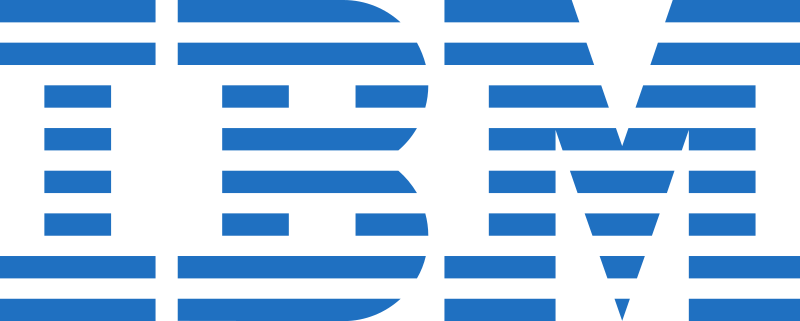
IBM has been a significant player in the enterprise software industry for decades, offering analytics, cloud computing, and cybersecurity offerings.
With a focus on innovation and digital transformation, IBM has continued to evolve and adapt to the changing needs of businesses.
In addition to its software offerings, IBM’s Watson AI platform provides businesses with advanced analytics and predictive capabilities.
Oracle offers a broader range of products, while IBM primarily focuses on analytics, cloud computing, and infrastructure solutions. Its software offerings are more focused on middleware and integration.
Both companies have cloud offerings, with Oracle’s cloud infrastructure services being more robust and IBM’s cloud offerings being more focused on hybrid cloud solutions.
Both companies offer integration with other software solutions, but IBM’s solutions are generally more robust. IBM is known for its responsive and effective customer support.
Oracle typically charges per license for its software, while IBM uses a combination of licensing and subscription-based pricing models.
|
Strengths |
Weaknesses |
|
Long-standing history of over 100 years. |
Faces strong competition in the enterprise software market. |
|
Broad range of products and services. |
Offerings can be complex and challenging to navigate. |
|
Deep expertise in technology and business allows it to understand and effectively address its clients' needs. |
Solutions can be expensive, particularly for smaller businesses with limited budgets. |
|
Strong focus on research and development allows the company to stay ahead of the curve regarding technology innovation. |
Has been criticized for being slow to adapt to changes in the market, particularly in the shift towards cloud computing. |
IBM’s future in the market will likely be shaped by its continued focus on innovation and digital transformation, particularly in cloud computing, artificial intelligence, quantum computing, and industry-specific solutions.
The company will likely continue to invest heavily in research and development, as well as strategic partnerships and collaborations, to stay ahead of the curve in these areas.
While IBM faces intense competition in the enterprise software market, its long-standing history, broad range of offerings, deep expertise, and intense focus on innovation give it a solid foundation to continue to compete and succeed.
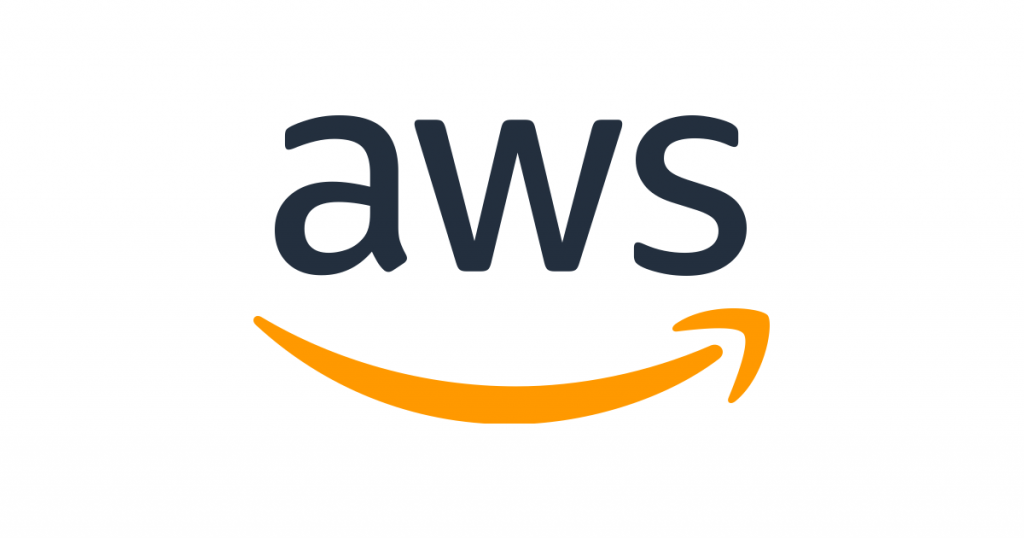
AWS offers a broad range of cloud-based services to meet the needs of businesses across various industries.
These services include computing, storage, networking, database, analytics, data visualization, machine learning, Internet of Things (IoT), security, and application development.
AWS also offers several tools and services to help businesses manage and optimize their cloud infrastructure, including monitoring and management tools, automation services, and cost optimization tools.
With a strong focus on reliability, scalability, and security, AWS can confidently provide businesses with the tools and services they need to operate in the cloud.
This makes AWS a popular choice for businesses of all sizes, from startups to large enterprises looking to take advantage of the benefits of cloud computing.
While both companies offer a wide range of cloud-based services, Oracle’s offerings focus on enterprise applications, databases, and middleware solutions.
On the other hand, AWS offers a broader range of services, including computing, storage, networking, analytics, machine learning, IoT, security, and application development.
Oracle’s cloud solutions are designed to work seamlessly with its on-premises solutions, which can be an advantage for businesses with a significant investment in Oracle software.
Alternatively, AWS offers a wide range of integration options and partnerships with other software providers, making it easier for businesses to integrate their existing systems with AWS.
Oracle’s pricing model is typically more complex and can be more expensive compared to AWS.
AWS offers a range of pricing models, including pay-as-you-go, reserved instances, and spot instances, which can be more cost-effective for businesses.
|
Strengths |
Weaknesses |
|
Highly scalable platform that allows businesses to increase or decrease their computing resources as needed easily. |
Solutions can be complex and challenging for some businesses to navigate and manage effectively. |
|
High reliability and availability reduce the risk of downtime and service interruptions. |
Due to the complexity, the software can have a steep learning curve, requiring businesses to invest time and resources in training and education to get the most out of the platform. |
|
Range of security features and tools to protect data and applications. |
Highly specialized or customized solutions are not available on the platform. |
|
Can be a cost-effective solution for businesses of all sizes. |
Businesses that rely heavily on AWS may find it difficult to switch to other platforms or providers, creating a risk of vendor lock-in. |
The future of AWS in the enterprise software market is bright, as the demand for cloud-based solutions continues to grow.
AWS has already established itself as a market leader in cloud computing, with a broad range of services and a strong reputation for reliability, scalability, and security.
Looking ahead, AWS will likely continue investing in emerging technologies like artificial intelligence, machine learning, and IoT and expand its offerings to support new industries and use cases.
Additionally, AWS is expected to remain competitive on pricing, offering businesses a range of cost-effective options for their cloud infrastructure.
Overall, as the adoption of cloud computing accelerates, AWS is poised to continue its growth and maintain its position as a top provider of enterprise software solutions.
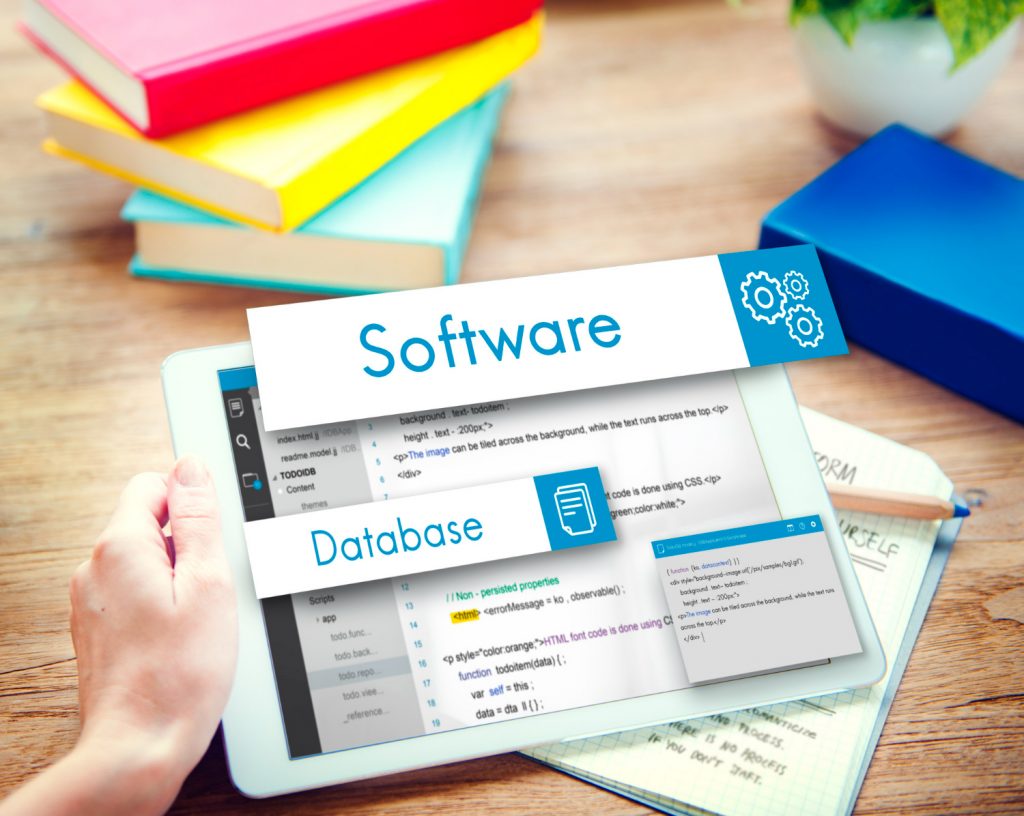
While Oracle has been a dominant player in the enterprise software market for many years, there are several strong Oracle competitors that businesses should consider when evaluating their software needs.
Microsoft, SAP, Salesforce, IBM, and AWS all offer unique strengths and capabilities to meet the diverse needs of businesses in different industries and sectors.
As the market evolves, businesses must consider all their options and choose the solutions that best fit their needs and objectives.
The future of enterprise software is likely to be shaped by emerging technologies such as AI, machine learning, and blockchain, as well as by changing business models and customer expectations.
To stay ahead of the curve, businesses must be agile and adaptable and choose software solutions that can evolve and scale with their needs.
Ultimately, the importance of considering companies similar to Oracle cannot be overstated.
While Oracle remains a strong player in the enterprise software market, several other providers offer comparable or even superior solutions in certain areas.
By evaluating all their options and choosing the solutions that best fit their unique needs and objectives, businesses can stay competitive and achieve their goals in a rapidly changing market.
Content Writer at Shortlister
Browse our curated list of vendors to find the best solution for your needs.
Subscribe to our newsletter for the latest trends, expert tips, and workplace insights!

Explore how HRIS streamlines HR operations while at the same time improving employee engagement, compliance, and organizational efficiency.

Discover how marketers leverage intent data to effectively target and engage potential customers for improved conversion rates and ROI.
Explore some of the most effective approaches to tracking employee attendance with templates that offer accurate and customizable solutions and timesaving.

From streamlining administrative and bureaucratic tasks to boosting motivation and productivity – the benefits of HRIS within an organization are extensive, making the investment worth it for both HR departments and companies.
Used by most of the top employee benefits consultants in the US, Shortlister is where you can find, research and select HR and benefits vendors for your clients.
Shortlister helps you reach your ideal prospects. Claim your free account to control your message and receive employer, consultant and health plan leads.